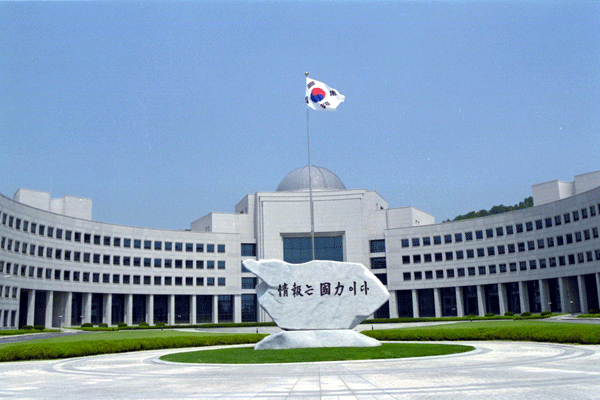NIS agents, confidentially working for the nation
“THE GUY in the black suit is approaching. I think he is carrying the briefcase with the very documents we are after.” “Okay. I am on standby. Watch my back.” 
Do you think this scene is from a famous espionage movie? Well, it is actually happening in the world of the National Intelligence Service (NIS). The NIS is a state organization that deals with secret information, created as well as processed to safeguard the future of Korea. NIS agents mainly investigate, analyze, and distribute information related to many fields such as national security, terrorism, and industrial safety, all from the shadows. The Yonsei Annals was fortunately able to make contact with Kim Young-soo (alias), an NIS agent.
Carrying out our mission
I am working in a department, which deals with industrial security. These days, all countries in the world are silently struggling to protect and secure high technology secrets and procedures from competing countries. When industrial secrets are leaked, it can seriously damage international competitiveness. Thus, we, NIS agents, are in the field to ensure that this does not happen. We sometimes disguise ourselves as deliverymen or janitors in order to obtain secret information, and arrest industrial spies who try to steal invaluable Korean technology.
Working as an NIS agent, I actually went through situations like those in the movies. Years ago, some researchers in a famous Korean LCD company were conspiring together to leak new technology. As a competing company in Taiwan offered them a large amount of money, they were just about to leave the country with the secret technology. If we had not stopped them, the entire Korean LCD technology, not to mention the researchers, would have fled to Taiwan, striking a great blow to our economy. It was a really close call.
Living as an NIS agent
I have always dreamed of working for my nation. Watching the 007 series and Hollywood espionage movies, I felt a lump in my throat. I know how important my job is, so I feel proud of what I am doing for the country.
Still, there are some difficulties in living as an NIS agent. The most difficult thing is that I am not able to give my name or personally talk about my life. I became really embarrassed when my girlfriend asked me what my job is. I also feel oppressed when my friends and acquaintances misunderstand my situation. Moreover, we have to give up our private lives. Whenever and wherever we are, even on vacations, if an urgent situation arises, we should be out into the field right away. Another hardship is that the industrial spies, who we strive to arrest, only receive light punishments, for they are caught before actually leaking industrial intelligence. It sometimes feels like our efforts come to nothing.
To become an NIS agent
I think the three most necessary things to become an NIS agent should be absolute patriotism, professionalism, and a global sense of intelligence. Above all, the most important thing is patriotism, which inspires NIS agents to truly serve the nation and its people. Since the tasks of NIS agents are directly connected to national security issues, it is impossible to work without a spirit of self-sacrifice for our nation.
After dramas like Air City and Time between Dog and Wolf were broadcasted on TV, people showed great interest in becoming NIS agents. The job itself is very attractive as seen in dramas, but one should prepare for the pressure as well as the sense of responsibility, for agents must leap into the middle of an intense intelligence battlefield.
The motto of the NIS is to become the leading intelligence organization, which has competitive power in the era of globalization. “Working as an NIS agent can be hard, but I think there is something special about working for the NIS that makes us forget all the difficulties,” says Kim. Take the challenge to become an NIS agent, and lead the Korea’s battle of competitiveness through intelligence, while safeguarding the future of our nation. 

